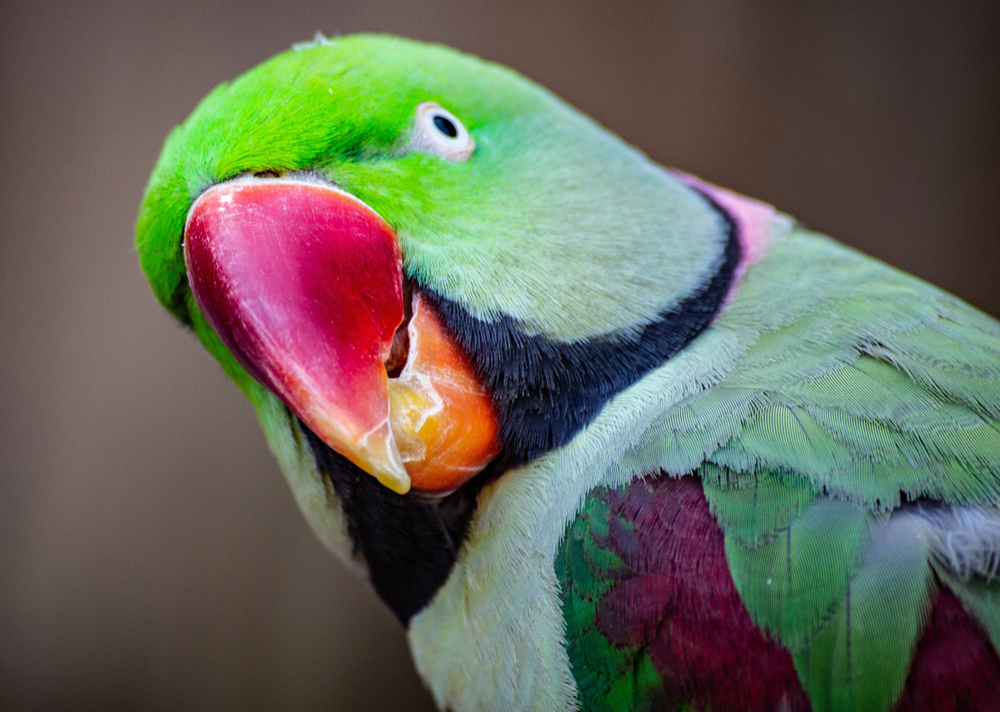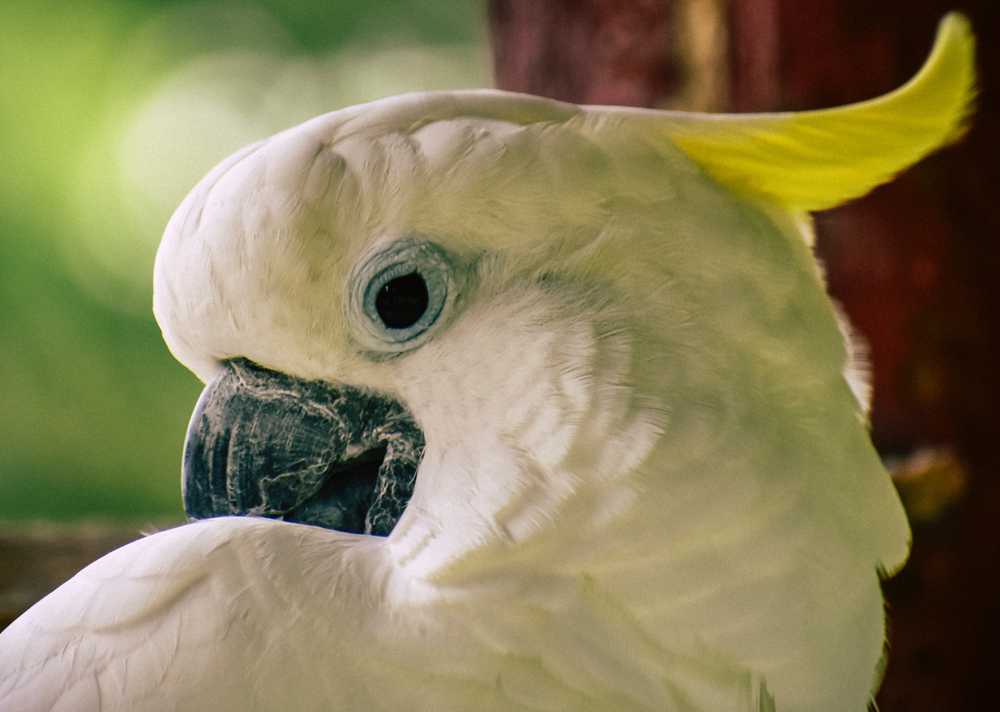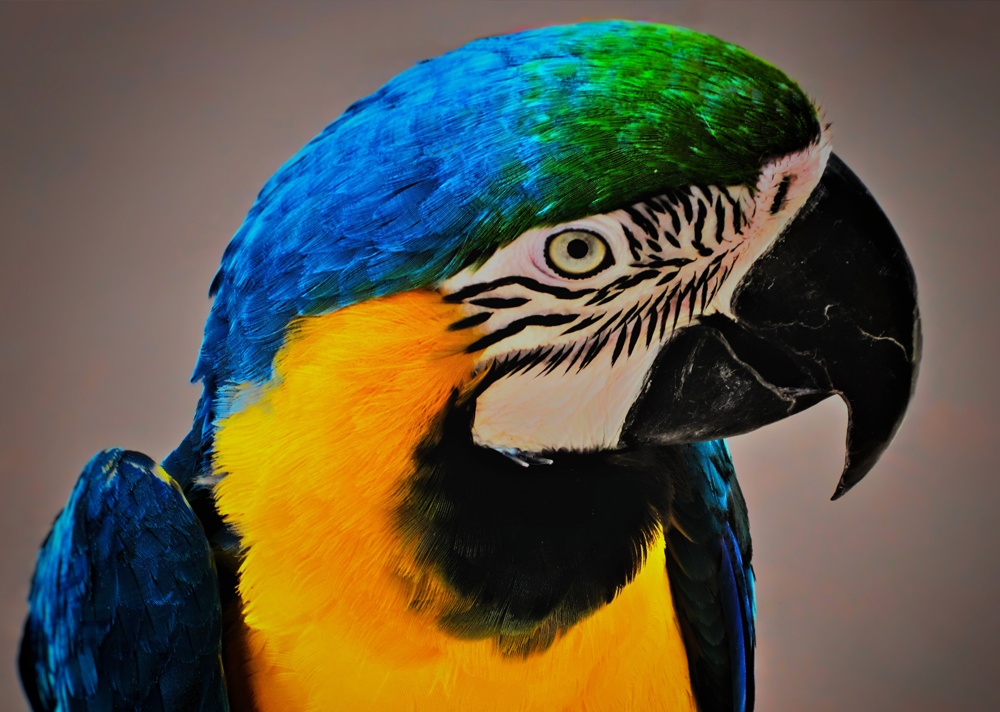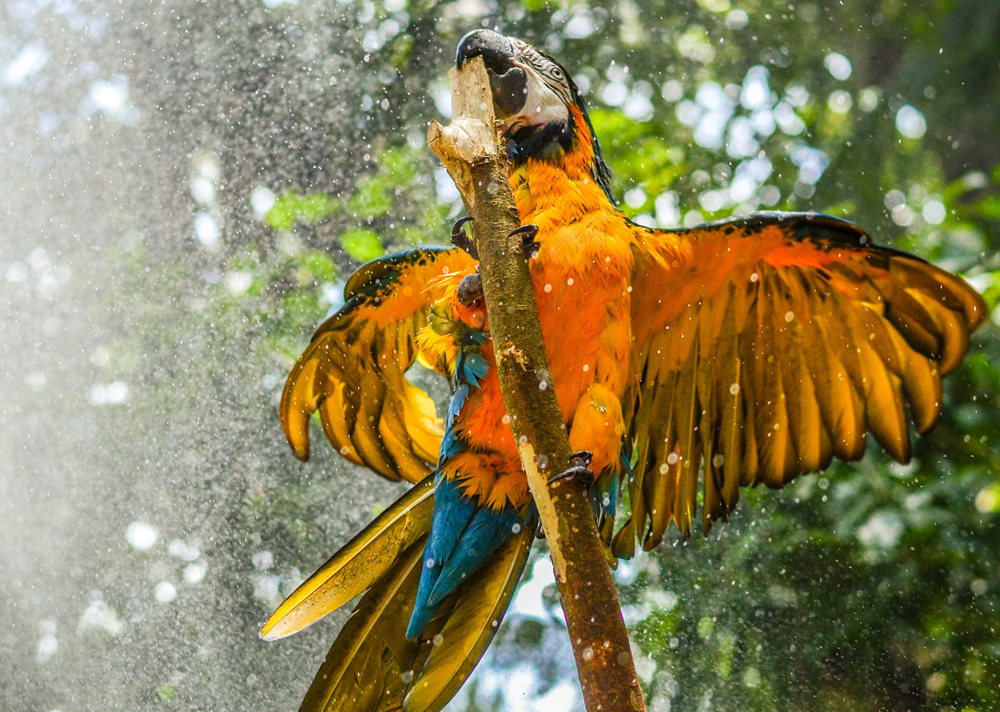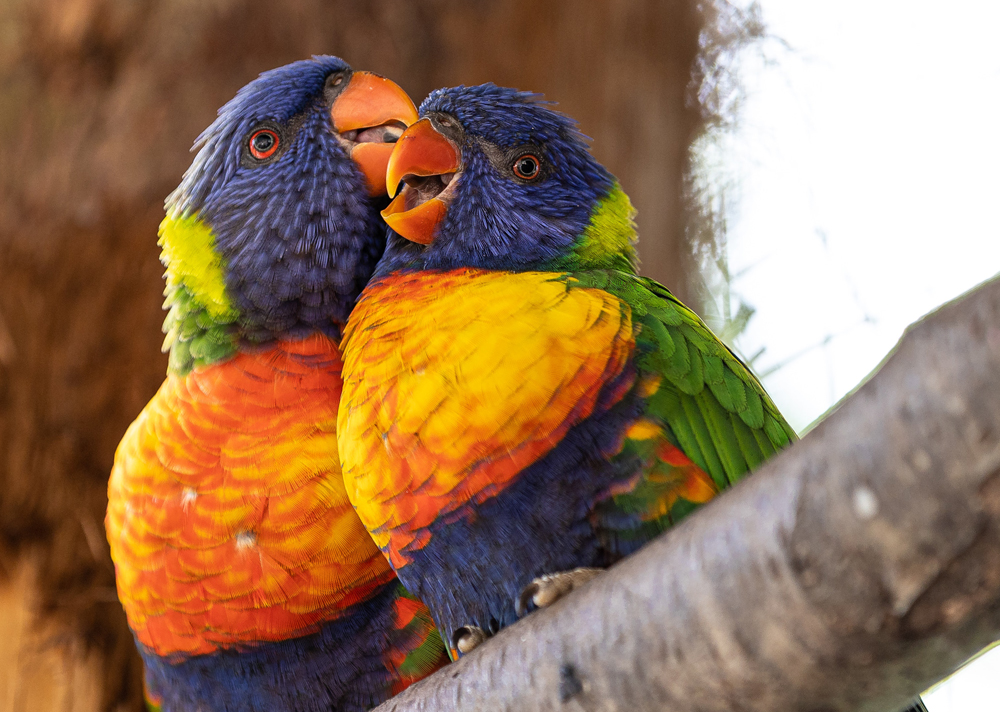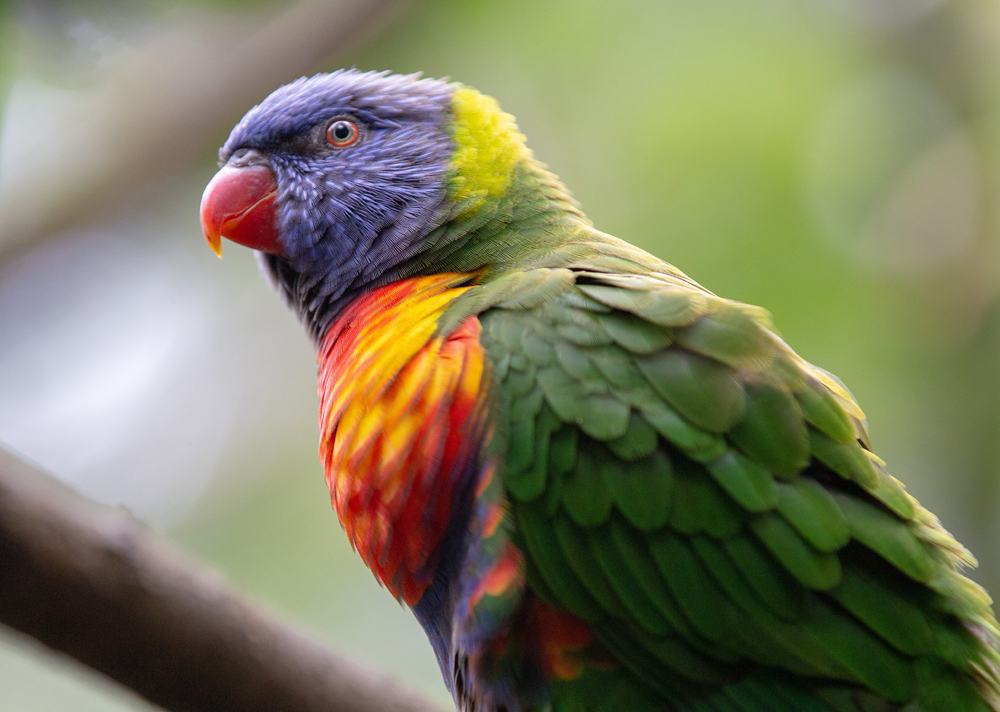It’s your first day in the pet shop, and your eyes scan the store for your new companion. You might think that dogs can be adventurous or that cats can be low-maintenance. Yet your eyes meet something else and you smile with a sudden realization.
You want a bird.
Becoming a bird owner may seem like a way to make you stand out from the rest of the crowd, and in a way it does. However, taking care of a bird is a bit different than walking your dog or watching over your cat. It requires deep dedication and research on your part.
Such as…
1. What Breed to Get
You wouldn’t go to a pet store and buy any random dog or cat, right? You would want to know about the breed, its personality, and any drawbacks that may come with it. The same scenario applies when you get a bird. Not all birds are the same, as some are friendlier than others.
As a first-time bird owner, you may want a bird that’s on the more easygoing side. Cockatiels, for instance, are good social birds for kids and adults while conures are curious creatures with a loud squawk and a long lifespan. Think about your lifestyle and which bird can help complement it. Talk to your pet owner to see which species is ready to flock with you.
2. Dietary Restrictions
Birds have a distinct diet that ensures proper health and feature strength. What they eat can be dependent on their species, but for the most part bird diets can be divided into these categories:
Plant-eating (florivores)
Grain or seed eating (granivores)
Fruit-eating (frugivores)
Nectar-eating (nectavores)
All of the above (omnivores)
For example, the Blue-throated Macaw may eat mostly fruit, but that doesn’t mean that every bird is going to be comfortable eating berries. It’s important for you to research what type of food your future bird will eat to avoid any complications.
3. Molting
Unlike cats and dogs, birds do not have fur to shed. You might be thinking that they are cleaner creatures due to this, but on the contrary. While birds do not shed, they do undergo a process called molting, where worn-out feathers are shed in place of new features. It’s a process that can last weeks or even years depending on what type of bird you have.
That’s not cause for alarm, but it does require you to be vigilant about their care once the molting process begins.Specifically, a poor diet during molting can affect new feather health and cause abnormalities. Taking proper care of your bird during molting means that they will be rewarded with beautiful feathers and you’ll have a happier flying companion as a result.
4. Space to Live
Birds are among the most mobile pets you can have and require a lot of space to roam free. When considering what type of cage to get for your bird, you need to think about two things: the size of the cage and the space between its bars. You should optimally go for the largest size you can afford and reasonably accommodate into your home, and nifty charts like this can help you figure out what you’re looking for based on your species of bird.
Not only do you need to figure out how big the cage needs to be, you also should think about smaller details about its design that can impact your bird’s enjoyment. For example, larger birds may need bars that run horizontally in order to climb and navigate. Stainless steel designs are easy to clean while round cages can make birds claustrophobic. The main thing to remember is that you’re not just buying a container to transport your new pet, you’re also buying their home and should be treated as such.
5. Time to Fly
Without sounding obvious, birds need to be able to fly, especially if they are going to be domesticated pets. Not only does flying give birds much needed exercise that goes beyond just walking around in a cage, but it is vital for their emotional health. Flying in a safe, open area can reduce the tendency in birds to harm themselves due to stress.
This does not mean that flying is as simple as letting it free inside your home. Birds require positive reinforcement training just like you would for a puppy, and that extends to flight. Training your bird about acceptable and unacceptable flying behavior makes it safer for it to fly inside your home. With enough practice and patience, you can even train your bird to fly outside and feel greater freedom.
Owning a bird may seem daunting as a beginner, but your life will improve tremendously for it. From having a quirky companion to seeing the beauty of flight up close, you can rest easy in your decision. If you follow the steps above when thinking about your future bird, you’ll be taking home a flying friend that’s eager to be in your home.
Sources:
www.petmd.com/bird/slideshows/8-most-popular-pet-birds
www.petcoach.co/article/bird-nutrition-feeding-pet-birds-parrot-diets-and-nutrition
www.thespruce.com/importance-of-molting-386470
www.bird-cage.com/how-to-select-a-bird-cage
spring2017.iaabcjournal.org/birds-need-fly

